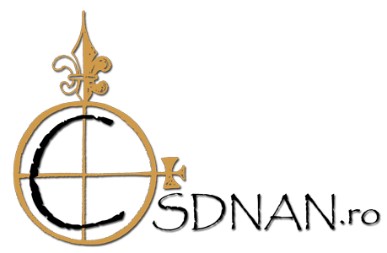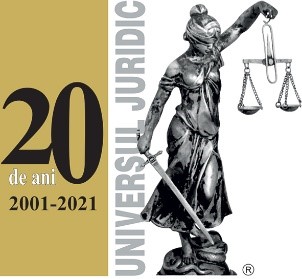Validitatea actelor privind criptomoneda – despre criptomonedă ca obiect al prestaţiei
paziuc.cristian[at]drept.unibuc.ro
Cuvinte cheie:
cryptocurrency, validity, legal transactionRezumat
The economic importance of cryptocurrencies – if only through their spectacular potential to either reward or ruin their adherents – and the inevitable development of this type of virtual assets in the future make it necessary to draw up a comprehensive legal regime, in order to determine what these assets are and how they function in legal transactions. In the absence of special provisions and even after they will be gradually enacted, the common law, owing to its complete nature, can offer at least a set of residual solutions allowing for the removal of these assets from legal obscurity. In light of the common law, cryptocurrencies, as sets of digital data which symbolizes (represents conventionally) economic values, should be considered as incorporeal, fungible (at least within limited pools), consumptible and divisible assets, assimilated to movable goods as concerns their legal regime and appropriated through a right of ownership over the incorporeal asset, as a result of technical and economic characteristics which enable, atypically, an appropriation of this type of information.
Taking as a starting point the specific characteristics of cryptocurrency as a subject matter of performance in legal transactions, the validity requirements of transactions concerning such assets can be particularised. Whether they transfer cryptocurrency itself through decentralised exchanges or by means of direct transfers between virtual wallets, or they actually trade only with respect to claims against a centralised exchange, with cryptocurrency as an indirect subject matter, the holder carries out acts of disposition, with clear consequences as concerns the legal capacity to enter into the transaction, and, as an effect of special provisions, the capacity of legal persons has further specific characteristics in the case of operators offering cryptocurrency exchange services, as well as those offering virtual wallets. With regard to consent, the common law offers solutions both for the rules applicable to joint holders of cryptocurrency, such as spouses, and for problems related to defects of consent, generated by the technical and economic properties of cryptocurrency. The fact that cryptocurrencies are not money in a legal sense has implications for the subject matter (and therefore the qualification) of the transaction, and, with regard to purpose, despite the suspicion with which they are generally viewed, sometimes justifiably, cryptocurrency transactions should be considered as tolerated by the common law even if they have a vocation to be secret.
Publicat
Versiuni
- 24-04-2023 (2)
- 30-08-2022 (1)









